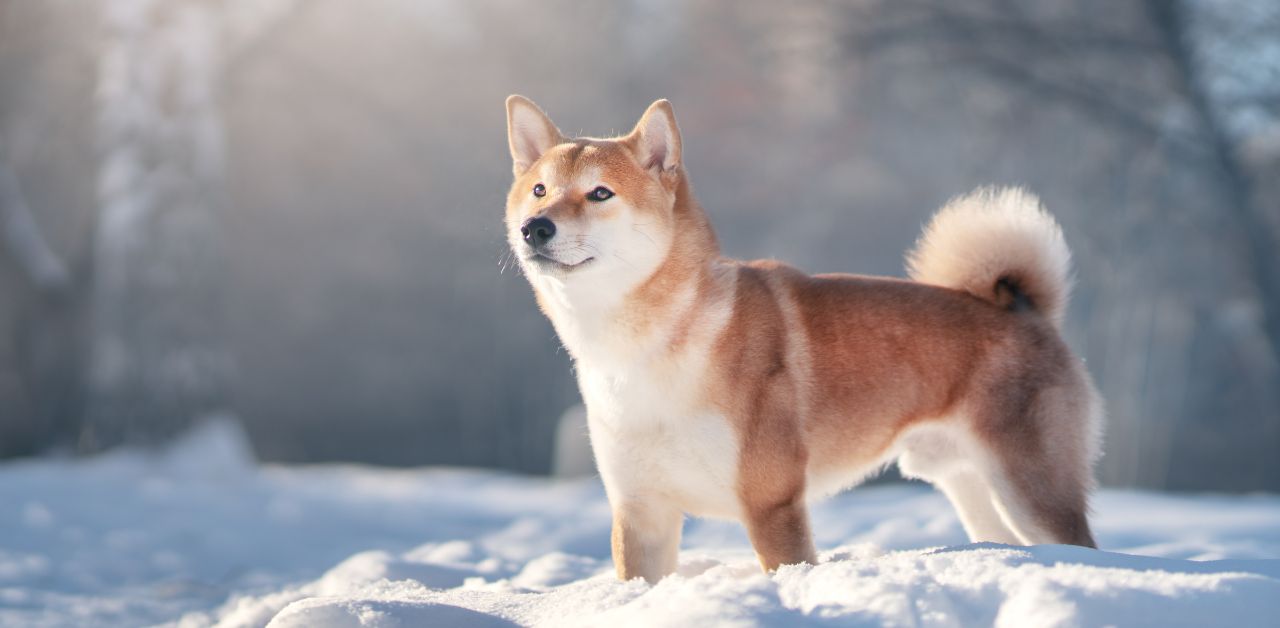In Japan, the Shiba Inu is a well-loved breed with a long history dating back centuries, and it is known for its lively nature and fox-like appearance. Its history reveals an intriguing tale of survival, cultural significance, and ongoing appeal. Together, we will explore the fascinating history of the Shiba Inu.
Discovering Old Roots
Shiba Inu originated in ancient Japan and became one of the tiniest and oldest native breeds in that nation. The Shiba Inu’s progenitors are thought to have existed as early as 300 B.C.; they were adaptable hunting partners used to locate small wildlife in the hilly areas of Japan.
Defender of Japanese Cultural Heritage
Shiba Inu has had long and rich cultural and traditional ties with Japan. Admired for its fidelity, dexterity, and acute senses, the breed rose to prominence as a symbol of pride in the country and was acknowledged as a “living monument” to Japan’s rich history.
A survivor’s tale: perseverance in the face of hardship
The history of the Shiba Inu has been challenging. The breed was in danger of extinction during World War II due to bombings and food shortages. However, the Shiba Inu was kept alive for future generations by the commitment of a small group of passionate fans and astute breeding practices.
Worldwide Icon: Japan to the World
Over the second part of the 20th century, Shiba Inus became popular outside Japan and won people worldwide. Famous for its lively personality, unusual fox-like look, and steadfast loyalty, the breed attracted a passionate fan base of enthusiasts ready to embrace its special charm.
The Shiba Inu in Modern Times: A Valuable Friend
The Shiba Inu is still popular as a devoted family member and beloved companion in modern culture. Dog enthusiasts are looking for a charismatic and adventurous companion like it for its lively personality, independent spirit, and innate intellect.
Frequently Asked Questions
Is a Shiba Inu a dog?
A Shiba Inu is a Japanese breed of small to medium-sized dogs. It is renowned for its gregarious demeanour, fox-like features, and self-reliant disposition.
What is the Shiba Inu’s background?
The history of the Shiba inu puppy can be traced back to Japan circa 300 B.C. Japan’s mountainous terrain led to the breed’s original purpose of small game hunting, but it later came to represent the country’s pride and cultural legacy.
How would you describe a Shiba Inu’s temperament?
Shiba Inus are renowned for having a brave, self-assured, and energetic demeanour. They are self-sufficient and wise and frequently exhibit a feline aloofness. They may be aggressive and uncompromising, yet they may also be kind towards their families.
Do Shiba Inus get along well with kids and other animals?
When raised and trained from an early age, Shiba Inus get along well with kids and other animals. But because they are independent by nature, they might not put up with children who is too harsh with them or too boisterous. Furthermore, certain Shiba Inus could have a strong prey drive, which could be problematic in households with tiny animals.
How much exercise is necessary for a Shiba Inu?
Being an active breed, Shiba Inus needs frequent exercise to maintain mental and physical stimulation. They are advised to engage in activities, playtime, and daily walks to assist them in meeting their energy demands and avoiding boredom.
Conclusion
The Shiba Inu’s continuing attractiveness, endurance, and cultural significance are all demonstrated in its story. The journey of the breed, from its modest beginnings as a hunter in ancient Japan to its current stature as a global icon, illustrates the enduring relationship between humans and dogs. Let’s honor the Shiba Inu’s past while welcoming its bright future as a cherished canine friend as we commemorate its rich legacy.
We can appreciate Shiba Inu even more and its role in our lives when we learn about its history.


